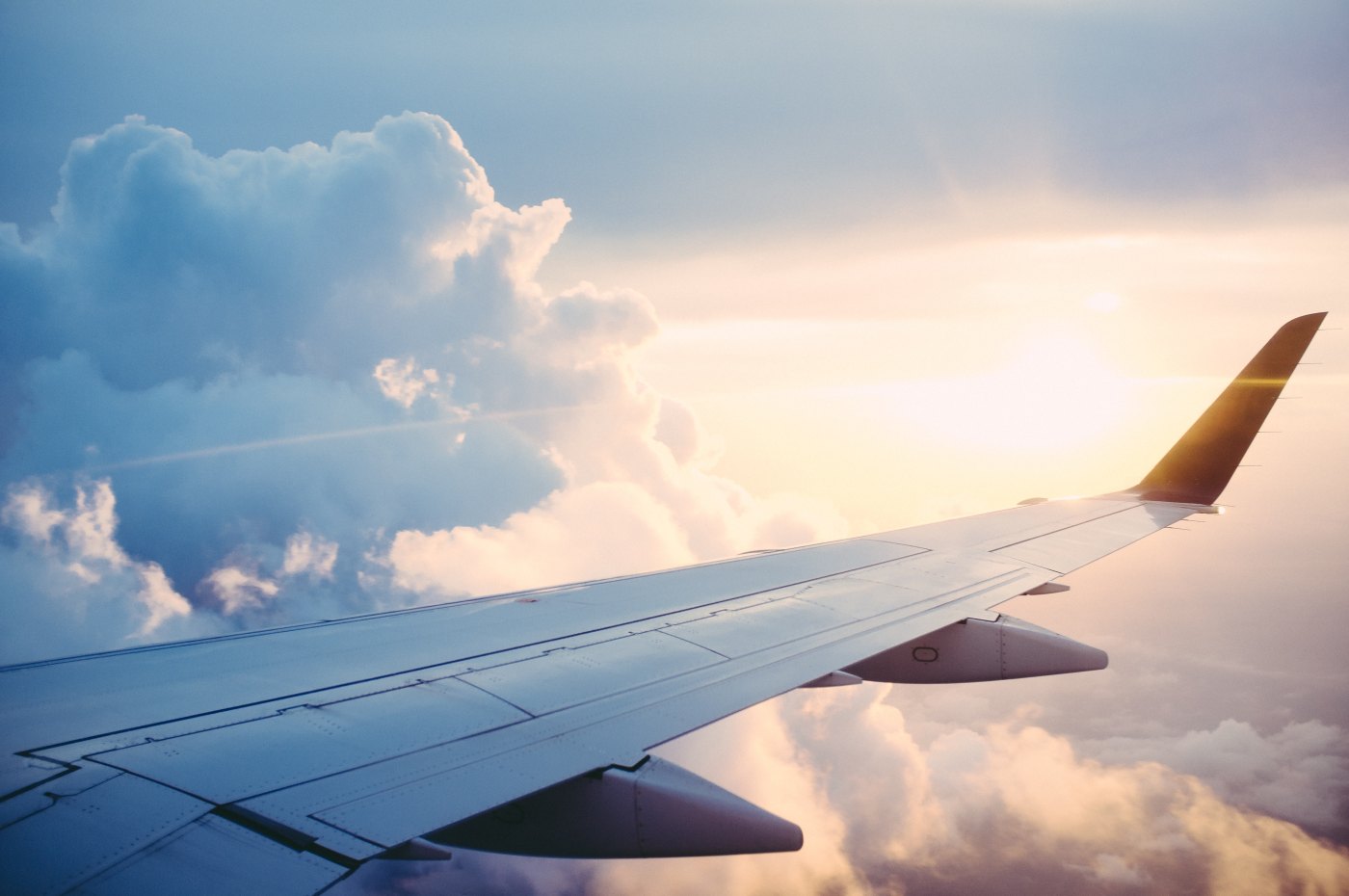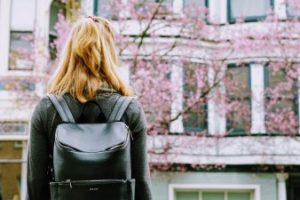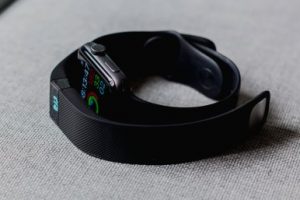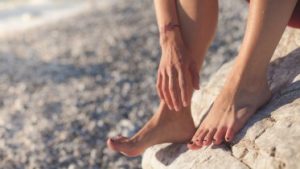
What makes for an amazing flight? One thing I know for certain is that the experience begins with you. If possession is nine-tenths of the law, perception is nine-tenths of reality! You can’t travel well and have an amazing experience without looking after your own well-being to start with, so here’s my mixed bag of tips to help you, covering frequent traveller savvy, technology and health.
Frequent Traveller Savvy
1) Carry less, worry less
Wherever possible don’t check-in hold baggage. If you fly often, chances are you are flying on business. Frequent business travel is stressful enough, don’t add lost luggage to the list.

2) Lose the booze
The Mediterranean diet with its recommendation of the occasional glass of wine with meals may be good on the ground but not at 36,000 feet. Ditching alcohol when flying has several benefits. The main one of relevance to flyers is that alcohol interferes with the quality of sleep you get and it encourages the conditions favourable to jet lag. If you really must drink, save it till the return leg of your journey after a successful business outcome.
3) Hydrate like cacti!
Sip or guzzle your way to better performance on business trips by being super hydrated. It is vitally important, as altitude disrupts the proper function of human physiology. Physical and mental performance suffers when you are dehydrated. Take a refillable bottle which can be emptied before boarding and ask cabin crew to fill it with water on the plane.

4) Light is a double-edged sword
If you have ever been woken up by the inconsiderate passenger who opened the window blind to let daylight in while you were napping, I dare say you know the value of sleep masks. Over and above that, there is the challenge of night-time ambient light disruption to contend with. This is now a problem because lights we leave on at night are robbing us of true darkness and interfering with our circadian rhythms (body clocks). Avoid this hazard by packing those sleep masks for the plane and your hotel room.
Technology
5) Mix and match devices
While wearable technology is all the rage, a mixture of high and low-tech wearables is the way to go.
Low tech tools:
- Magnetic insoles – Buy quality insoles with a good gauss rating and feel the benefits especially if you spend time on the road on your feet. Magnetic therapy is an alternative medical practice that uses static (i.e. unmoving) magnets to alleviate pain and other health concerns.
- Blue blocker eyewear – Frequent flyers are either chased by or following the sun. As such they get too much or too little daylight, neither is ideal as it, again, upsets circadian rhythms. Blue-blocking eyewear can help and they shield you from too much blue light from your gadgets too.
High tech tools:
- A quality sleep monitor- the Oura ring is recommended. It monitors sleep and gives you recommendations based on the data it collects. The Oura ring has been found to be 96 percent accurate as compared to sleep lab equipment by the Stanford Research Institute.
6) Track fitness on the road
Once upon a time, airlines had all flying crew take health checkups on a regular basis to ensure they were fit to fly. Being fit to fly is now left to the individual and it is a metric every frequent flyer should keep an eye on. Within that metric, sleep quality and quantity are ones to watch. Keeping an eye on your heart rate variability (otherwise known as HRV) is a handy tool to gauge sleep requirements, given that nights out of bed and poor-quality sleep come with frequent flying. HRV is easy to track with a variety of wearables and apps on your smartphone.

7) Get into Earthing
Earthing is the habit of connecting with the inexhaustible number of negative electrons which act as antioxidants in the human body. It is as simple as going outside and connecting bare feet to the earth. As a flyer, you are cooped up on a plane with low-quality oxygen and lots of static. The best way to discharge that static and help avoid jet lag is to connect with the earth to help drive the charge off your body. Clinical trials have been conducted to demonstrate the efficacy of earthing as a health tool, including for jet lag and there are simple accessories available to help you ground indoors if going outside is not an option.

Health
8) Start a quality supplement program
The quality of food on the road is never consistent but you can’t afford to deprive yourself of the fuel you need. As hard as you try to make good choices, it’s better to always have a backup. Supplement with dense nutrition and focus on supplements specific for flyers.
9) Leverage local knowledge on your journey
Shockingly, only 1% of business travellers would talk to fellow travellers sitting next to them. Besides the social impact that has, you never know what they might know about your destination. It could make a world of difference to your experience.
10) Roll with the punches
The more you travel the more likely you are to face disruption. How you handle disruption can colour your experience of the journey, especially when you face circumstances beyond your control. Being able to roll with the punches and be unflappable is definitely one way to maximise your travel pleasure.
